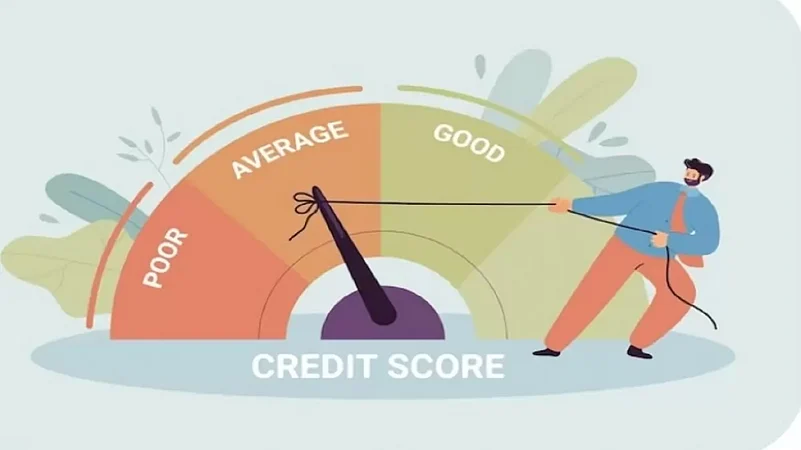In America, if your credit score is lower than you'd like, there are ways to improve it. Depending on what's holding it back, you might be able to see an improvement of up to 100 points relatively quickly. If you have a poor credit score, you have a better chance of improving it than someone with a strong credit history
1. Pay credit card balances in a planned manner
Your credit use is the percentage of your available credit that you are using at any one time. A good rule of thumb is to use less than 30% of your credit limit on any card, with lower being better. Credit utilization in the single digits is common among the highest credit scores in the United States. Paying down the balance before the billing cycle finishes, or paying numerous times throughout the month, is an easy approach to keep your balance low.
2. Request to increase credit limits
Your overall credit use lowers when your credit limit rises while your debt stays the same, which could help you repair your credit. You have a better chance of getting a higher limit if your pay has improved or you have more years of good credit.
Before you make this request, think about how you will maintain your spending habits consistent while not using up all of your available credit. If you are tempted to spend more because you have a higher credit limit, this may not be the best method for you.
3. Become a registered user.
If a family or friend has a credit card account with a large credit limit and a track record of timely payments, request that you be added as an approved user. This adds the account to your credit reports, and its credit limit might assist you maximize your utilization.
4. Pay your bills on time
If you pay late, no credit-improvement method will work. Worse, late payments can be reported to credit bureaus for seven and half years. Pay as soon as possible and inquire whether the creditor will consider not reporting the missing payment to the credit bureaus. Even if the creditor refuses, it is worthwhile to bring the account current as soon as possible. Every month that an account is marked late lowers your credit score.
5. File a credit report dispute
An error on your credit report may be lowering your score. Disputing and resolving inaccuracies on your credit report can help you improve your credit rapidly
You can get free credit records from Equifax, Experian, and TransUnion, the three biggest credit bureaus in the United States. Request them from the Annual Credit Report and then look them over for mistakes, such as payments marked as late when they were paid on time, someone else's credit activity mixed in with yours, or bad information that is too old to be mentioned. Once you find them, you can dispute them on your credit record.
Some businesses offer to challenge errors and swiftly enhance your credit, but proceed carefully.
How to improve your credit score in United States
Whether you're starting from the beginning or rebuilding after a setback, it's critical to understand how credit scores are created and how to improve them
Published At:

A person is trying to improve his credit score
A person is trying to improve his credit score
- Previous Story
 Trump Reasserts Claim Of Resolving India-Pakistan Standoff During Meeting With Mamdani
Trump Reasserts Claim Of Resolving India-Pakistan Standoff During Meeting With Mamdani - Next Story
WATCH
MORE FROM THE AUTHOR
PHOTOS
×

















